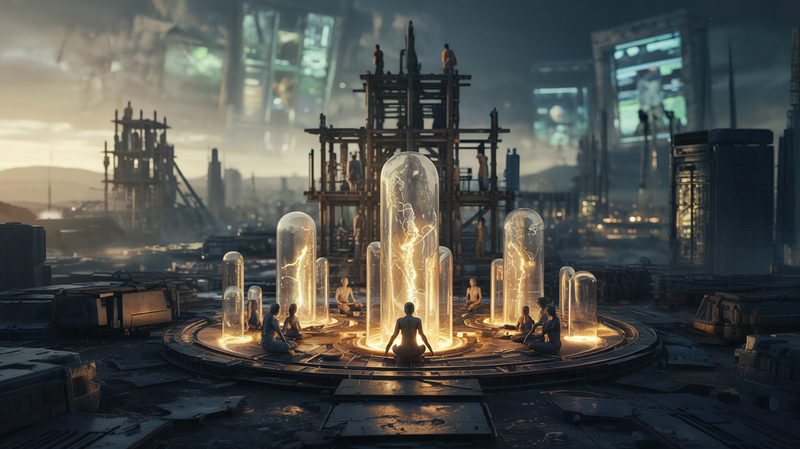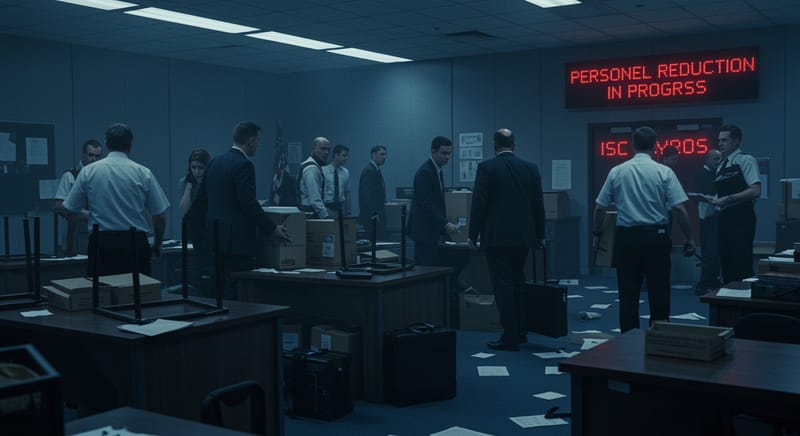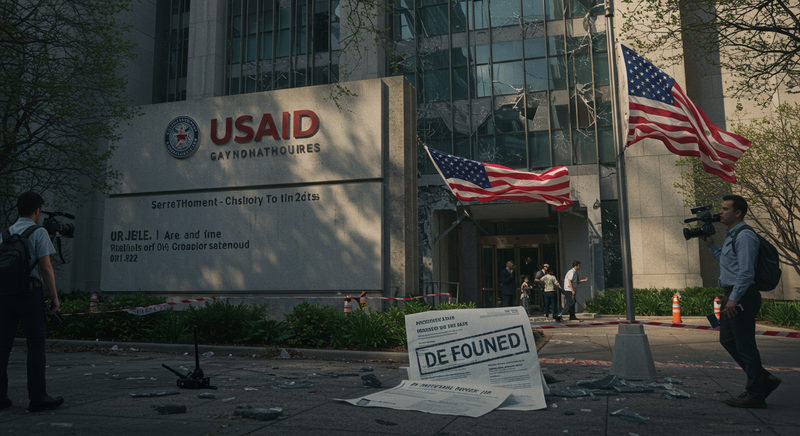Ukraine's Philosophical Crossroads: The Struggle for Vitality Amidst Historical Mortality as Viewed by Oleksiy Arestovych
Ukraine, a nation steeped in rich history and complex challenges, stands at a philosophical crossroads. This article delves into the interplay between Ukraine's pursuit of vitality and a historical inclination toward mortality, synthesizing our discussion and the perspectives of Ukrainian political figure Oleksiy Arestovych. The Pursuit of Vitality

Ukraine, a nation steeped in rich history and complex challenges, stands at a philosophical crossroads. This article delves into the interplay between Ukraine's pursuit of vitality and a historical inclination toward mortality, synthesizing our discussion and the perspectives of Ukrainian political figure Oleksiy Arestovych.
The Pursuit of Vitality in Ukraine
Our discussion began with an exploration of Ukraine's efforts towards national vitality. This is evident in its resilience and determination to uphold sovereignty and territorial integrity, particularly in response to recent conflicts. Ukraine's aspirations to enhance its position in the global community and strengthen international ties underscore its drive towards a thriving national identity. This pursuit transcends mere survival, aiming instead for economic, cultural, and political flourishing.
Historical Inclination Towards Mortality: Oleksiy Arestovych's Perspective
Contrasting with this pursuit is the viewpoint articulated by Oleksiy Arestovych. He suggests that Ukraine has historically been oriented towards a form of national mortality. This perspective sheds light on a series of decisions that appear to undermine Ukraine's long-term stability and defense capabilities, including the sale of military assets. Arestovych's critique suggests a cycle of internal decay and squandered opportunities, underscoring a pressing need for transformative change to avert a national decline.
The Philosophical Duality and Ukraine's Path Forward
The juxtaposition of striving for vitality against a backdrop of historical mortality presents a nuanced and complex portrait of Ukraine. It reflects a nation grappling with its identity and direction – a spirited fight for existence and progress on one hand, and on the other, the legacy of past decisions that may have impeded its potential.
This duality is not merely a political or economic narrative; it is deeply embedded in the nation's collective consciousness. The current crossroads at which Ukraine finds itself could be a defining moment, offering an opportunity to reconcile its past with a new vision for the future.
Conclusion
Ukraine's journey, particularly through the lens of Oleksiy Arestovych's insights, illustrates the profound philosophical challenges facing the nation. As Ukraine navigates this critical juncture, the choices it makes will shape not just its immediate future but also its enduring legacy. The path chosen by Ukraine in balancing its pursuit of vitality and addressing its historical mortality will be crucial in defining its role on the world stage and the resilience of its national spirit.




